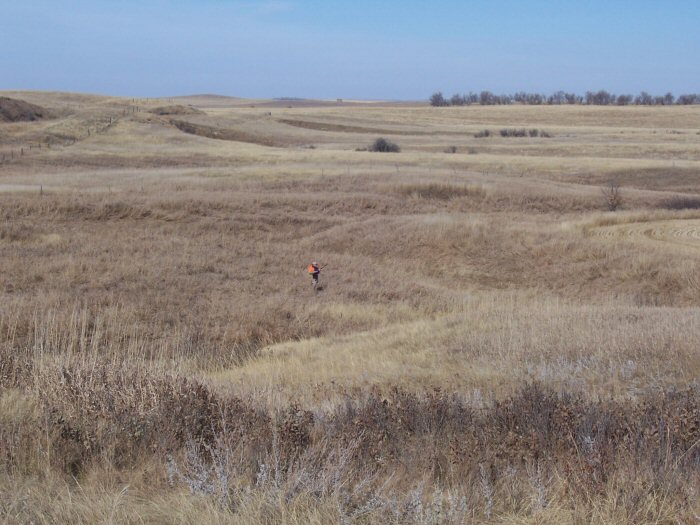
Agricultural News
Oklahoma Conservation Districts Concerned About Proposed Fees in Federal Budget Agreement
Thu, 12 Dec 2013 12:16:21 CST

New proposed federal fees to be imposed on farmers, ranchers and other producers for basic conservation technical assistance constitute a serious step backwards in the effort to protect our natural resources while we feed and clothe the world according to Kim Farber, President of the Oklahoma Association of Conservation Districts (OACD).
"We're very concerned about this move to try and balance the budget on the back of both agriculture producers and the environment," Farber said. "This action to charge additional fees for conservation work that landowners are already paying a significant portion of themselves not only creates a disincentive to protect our natural resources, it is structured in a way that will most likely end up costing more to administer than it will raise in revenue."
According to Farber, language in the recently released budget deal negotiated between the Chairmen of the U.S. House and Senate Budget Committees includes a provision providing for the collection of fees to be charged to landowners for conservation planning done by the USDA Natural Resources Conservation Service (NRCS). Potentially, this fee could be imposed on any agriculture producer who applies for federal assistance under any conservation program administered by the agency. This fee is especially onerous due to the fact that most NRCS conservation programs are done on a 'cost-share' basis, meaning that the overall cost of any action under the plan is already shared between the Federal Government and the cooperating landowner.
Technical assistance has always been provided to participating landowners by NRCS as a way to defer the cost of designing any improvement or conservation action required by a federal program in an effort keep the overall cost of participating in natural resource protection programs low enough that producers would be able to take part in them. By imposing a user fee for technical assistance, Farber said that the Federal Government is starting down a road that could result in eventually keeping producers from participating in these programs that generate environmental benefits for all Americans.
"This fee provision creates a slippery slope," Farber said. "Since the days of the Dust Bowl, the Federal Government has worked in partnership with farmers and ranchers to protect our soil, water, air and wildlife habitats through voluntary programs. The idea is that if a producer will come to the table to protect the resources on his or her land, the Federal Government would split the cost of the work necessary to do this and would provide the technical assistance needed to design whatever improvement that might be required. With these new fees, however, the Federal Government is placing an additional financial burden on producers for a service that, in the end, has a benefit to all taxpayers, not just the producer. That's a fundamental shift in how we protect the environment and in my opinion it's not a change for the better."
Additionally, Farber said that there is no assurance that the money raised through these fees will go back to NRCS or even stay with USDA. This is a major concern since it will cost NRCS additional funds to administer the new fees and in the end potentially cost the agency more money than is being raised.
"It's bad enough that we are imposing new fees on agriculture, but it's even worse when at the end of the day it may cost USDA more money to administer those fees then they will even bring in." Farber said. "This is just a bad plan all the way around."
While the budget agreement is likely to pass in the coming days, Farber said that she is hopeful that later action by the Congress and the Administration can roll back these new fee provisions for conservation.
"It's our hope that once the smoke clears and cooler heads look at how to administer these changes we will see action to re-examine this wrong-headed move," Farber said.
WebReadyTM Powered by WireReady® NSI
Top Agricultural News
More Headlines...




















